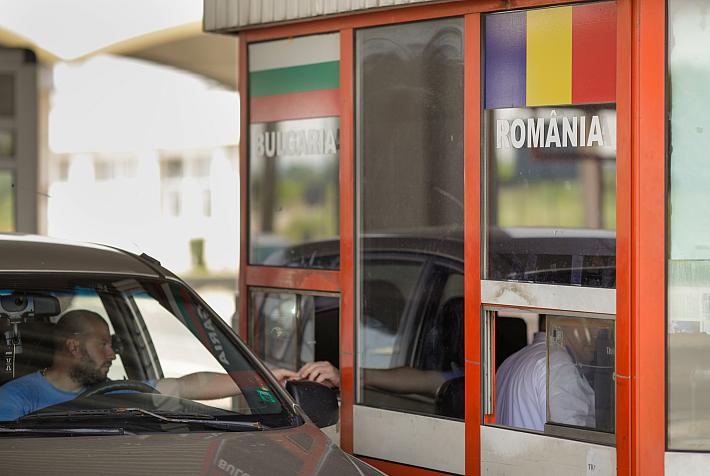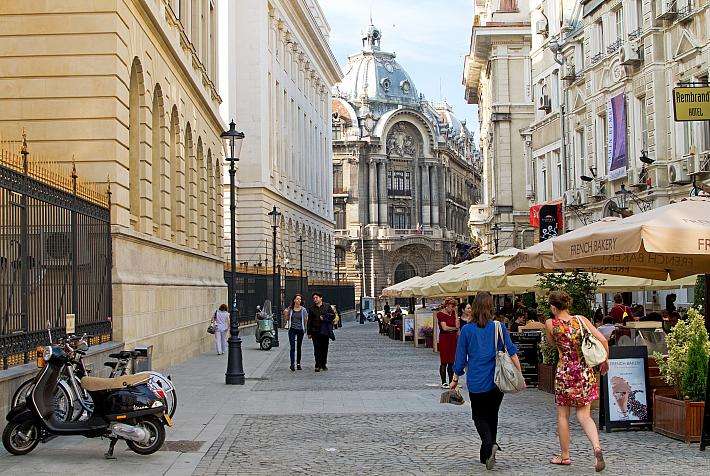IKEA study: Most Bucharesters turn off the light when they’re not using it, less than half sort the garbage

Almost 70% of Bucharest residents believe that it is important to have a sustainable life at home, the women being the ones who use the most resource saving methods, according to an IKEA study on sustainability, carried out at the end of last year.
The study reveals that nearly nine in ten Bucharesters turn off the light when they’re not in the room, and 54% use LED light bulbs. Meanwhile, 65% of respondents heat their homes through the public heating system, and more than half consider the heating bill a major cost.
In the summer, only 37% of Bucharest residents cool their homes, the perfect temperature for most of them being the one around 20 degrees Celsius.
The study also reveals that almost 90% of Bucharest residents use gas to cook. Moreover, 53% would like to save some energy, but they don’t know how.
When it comes to water consumption, one in two Bucharesters knows and applies saving methods, but only 8% of them reuse the water. Some 76% of respondents say that they are saving water for financial reasons.
Meanwhile, the average duration of a shower doesn’t exceed 10 minutes, only 12% of respondents preferring baths. Also, 82% of Bucharest residents start the washing machine only when it’s full.
In terms of waste, the study found that less than half of Bucharesters sort the garbage, and those who do it mainly carry out this activity in the kitchen. Moreover, most of those who sort the garbage mainly do it for money and personal benefits.
Also, the Bucharest residents who choose to recondition their old furniture prefer not to seek help, and try not to spend more than 30% of the product’s initial value on refurbishing it. Meanwhile, one in two respondents prefer to donate the furniture, clothing and appliances that they’re not longer using to needy people or organizations, 91% never bought second hand furniture, and only 6% would be willing to rent furniture on a long term.
The study also reveals that Bucharesters go food shopping two or three times a week, quality being the most important criterion in their choices. Most of them also prefer local products. However, 71% of respondents admit that they are used to throwing food, mainly because they forget to use the products before they expire or because the quantity of cooked food is too big. Among those who reuse leftovers, 68% eat them the following day while 36% use them for other dishes or as food for their pets.
When it comes to transportation, 34% of Bucharesters use the bus, and 22% prefer the subway. Meanwhile, only 24% of those who use the personal car share the ride with other people.
A total of 200 people participated in the study, responding to computer-assisted telephone interviews.
Irina Popescu, irina.popescu@romania-insider.com












